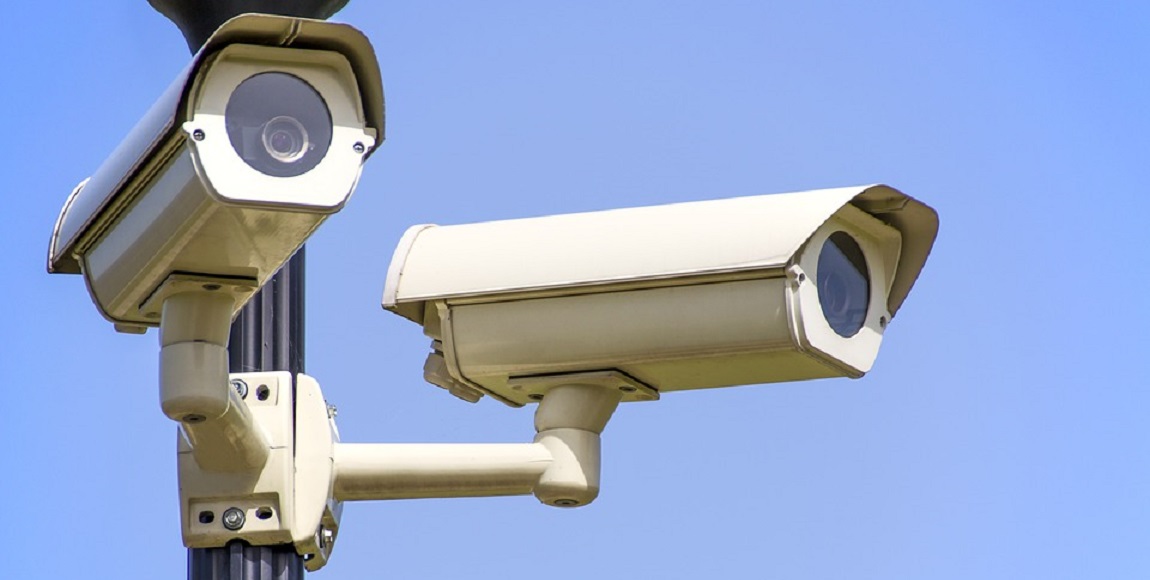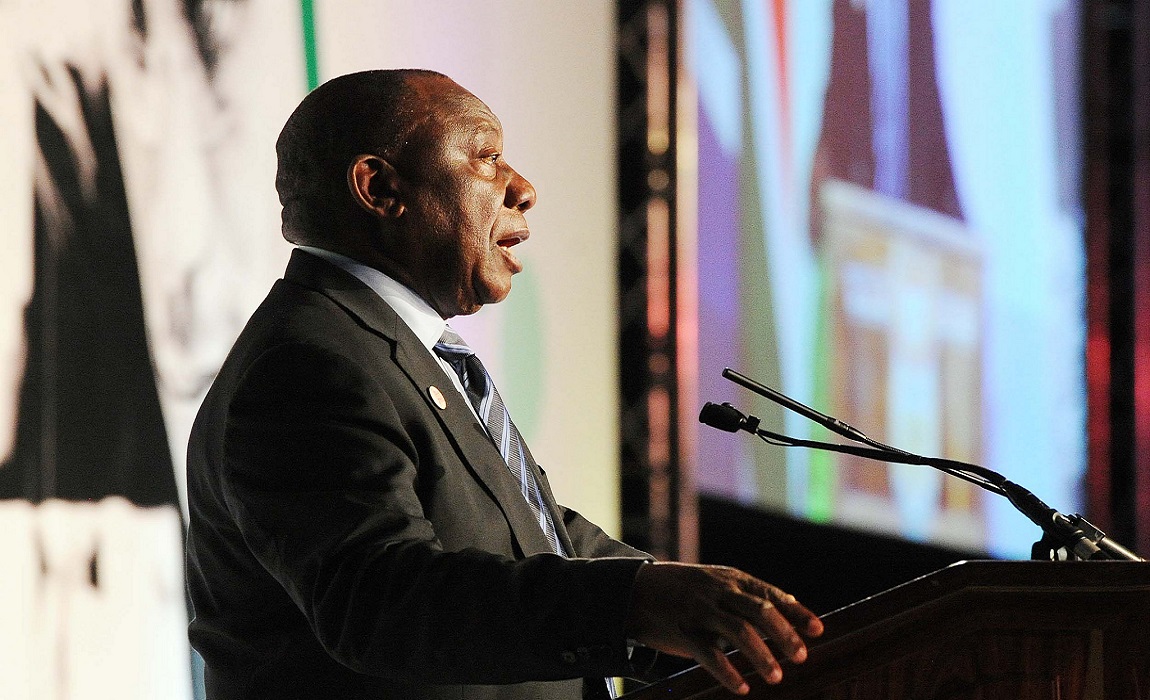On Wednesday, civil society Right 2 Know (R2K) launched a report titled SPOOKED: Surveillance of Journalists in SA. The report looks at the growing surveillance trend in South Africa with regards to the general public and journalists in particular. It found that there is a threat of state as well as private-sector spying. This report marks the latest in a series of investigations around surveillance. The Daily Vox rounds up important takeaways from the report.
RICA- Challenge by amaBhungane
The Regulation of Interception of Communications and Provision of Communication-Related Information Act 70 of 2002 (RICA), which is South Africa’s main surveillance law is currently facing a constitutional challenge from investigative journalism unit amaBhungane. This case was launched by the unit after it was discovered that one of their journalists Sam Sole has been spied on the then National Intelligence Agency (NIA), now the State Security Agency (SSA). They found that government has been listened to confidential calls and discussions with sources as well as personal calls. As a result of this, AmaBhungane are making the case that RICA has failed to protect the journalist. They are saying that it is unconstitutional as it has failed to protect the rights of journalists and others against surveillance abuses.
How RICA works
RICA operates as the main legal surveillance framework in South Africa. RICA means that your SIM card, landline and internet is connected back to your identity. Therefore, any interception of this information requires a warrant from a special RICA judge who has been appointed by the President.
The Daily Vox previously spoke to the University of Johannesburg’s professor Jane Duncan about how this law is circumvented by the state and other bodies to able to gain access to private information.
How a Loophole in SA Laws Makes it Easy for Government to Spy on Citizens
Duncan said: “What should concern us is there is no information about the extent to which the NCC (National Communications Centre) is intercepting information/communication. Theoretically they could be intercepting the communication of everyone.”
However, RICA is not the only law that allows for surveillance. Section 205 of the Criminal Procedures Act gives law enforcement officials the ability to bypass the RICA judge and gain access to phone records. The act says that any magistrate can issue a warrant that forces telecoms companies to give over a customer’s call records and metadata. With both RICA and Section 205, the person whose records have been shared might never find out about it.
Journos who have been under surveillance
The report looks into the various high profile journalists who have been found to be under surveillance from the government. This includes Sam Sole from AmaBhungane, Jacques Pauw, Stephan Hofstatter, Mzilikazi wa Afrika, Athandiwe Saba, Peter Bruce, Rob Rose, Tom Nkosi, Sipho Masondo and the SABC 8. All of these journalists were involved in high profile investigations involving the government and other corporations. They then found their personal and work records had been obtained by the government who were using it to spy on them.
Recommendations from report
The report made various recommendations. Primary amongst those is reforms to RICA. The report calls for greater transparency within RICA, including “user notification” which means that a person who is under surveillance should be made aware of this once the investigation has been completed. Additionally, it calls for an end to the mandatory storing of user’ metadata, an end to SIM card registration, closing the section 205 ‘loophole’ and an end to mass surveillance with stricter regulations.
In terms of other recommendations, the report says that the South African government should rebuild the security agencies from the ground up including the State Security Agency and the the police’s Crime Intelligence Division. There are calls for the security agency to stop thinking that spying on journalists is part of their job.
A third recommendation calls for Protection for SABC workers who working at state media house as they are at the greatest risk. It is clear that urgent measures are needed specifically to
protect journalists from harassment, intimidation and interception. Fourthly, the report calls for media houses to protect the journalists who work under them. This could be done through strengthening security, and fundraising for digital and legal defences.
Lastly, the onus for reform has been placed with service providers and the steps they can take to push back against surveillance. This includes transparency, RICA reforms, protecting journalists by fight for the right to disclose to such customers that their communication has been intercepted and coming clean about the security measures in place to protect people’s data.
The full report can be found here.









